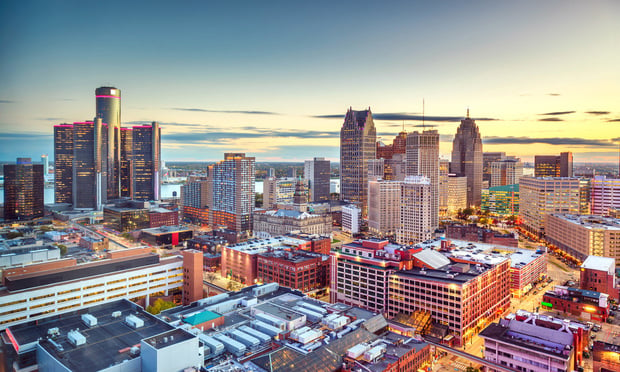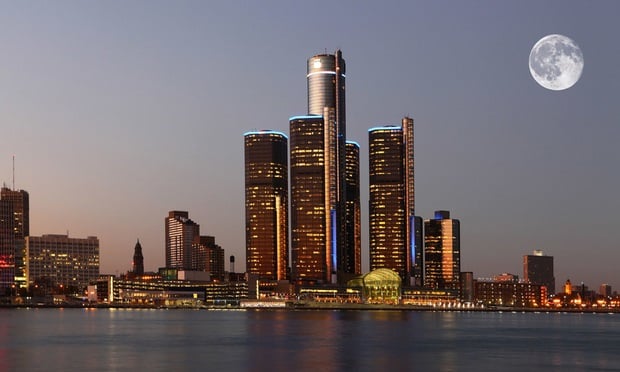Asterand has been a temporary tenant for exactly two years, says Randal Charlton, the chief executive officer of the company. He's impatient to get a sign-in announcement from the university, adding the city is losing the battle with other Michigan communities in building its bio-technology areas.
Charlton says he has been in contact with the consultant of the project, and hopes to learn more this week when the construction will move forward.
"I don't understand what's holding things back," Charlton says. "I'm speculating that it has something to do with getting the right permission from the city."
The future park is located between Woodward, I-94 and the Lodge Freeway. Technology facilities and residential developments will be built on the former site of Cadillac Motor Car Co., a Buick dealership, a Henry Ford Health Systems office center and other existing buildings.
The project is being built by private developers in partnership with the university.
The first anchor building will contain a 45,000-sf collaboration center with 34,000 sf of technology incubator space and 11,000 sf of space for business assistance agencies. There would also be 73,000-sf of multi-tenant space in this first building. This facility would be created through the renovation of the GM creative services building.
University officials have said the college is still obtaining financing commitments for the $18.2-million Phase I development.
Phase Two involves the renovation of the American Beauty Iron Building as a multi-tenant building with 85,000 sf of net leasable space.
Phase Three uses a portion of the Criminal Justice Building as multi-tenant space in the tech park, about 75,000 sf.
Phases Four and Phase Five would be the new construction of facilities with between 75,000 sf to 150,000 sf of net leasable space.
The property is located in the Woodward Technology Corridor Smart Zone. The zones are a state-wide collection of properties that earn tax credits for future development.
Charlton says Detroit is not doing enough to encourage projects. He notes other cities, such as Kalamazoo and Lansing, are aggressively pursuing his firm to locate in their SmartZones.
"Kalamazoo has offered me to come there. We don't want to do it, we have roots in Detroit, and a great relationship with the university," Charlton says. "It's just so difficult in Detroit, they have a real problem. If Detroit doesn't move fast, it's going to lose a lot of high-tech projects to Lansing and Kalamazoo, which are much more organized and aggressive."
© Touchpoint Markets, All Rights Reserved. Request academic re-use from www.copyright.com. All other uses, submit a request to [email protected]. For more inforrmation visit Asset & Logo Licensing.






